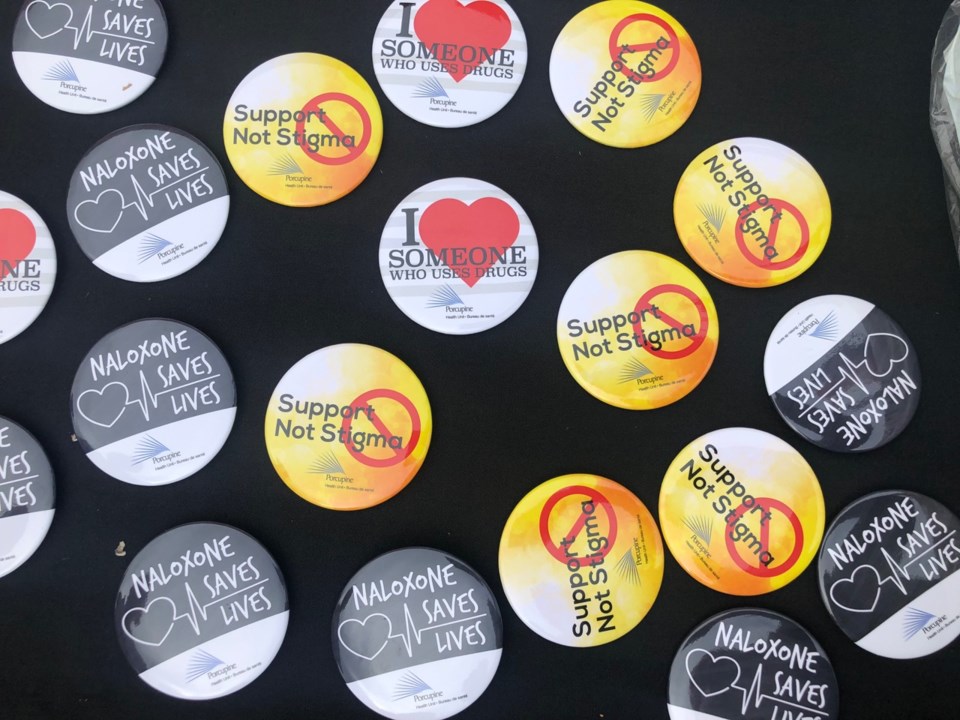Mushkegowuk Council is working on an outreach program to help homeless people struggling with addiction in Timmins.
The idea stems from a small group of people from Timmins who have been going out to high-risk areas, talking to homeless people with addictions and providing them snacks and making sure they’re safe, said Muskhegowuk Council’s health policy advisor Alison Linklater.
“When the opioid crisis was heightened due to COVID, some of the deaths that happened, a couple of our Mushkegowuk members passed away at that time,” Linklater said. “So, they (volunteers) took it upon themselves to start an outreach program. They seemed to have a good connection with the people.”
Once Mushkegowuk Council learned about the initiative, it submitted a proposal to the federal and provincial government for a street outreach program.
“We’re still in the process of bringing (volunteers) under the umbrella of Mushkegowuk but I keep in contact with them all the time,” Linklater said. “We’ve given them some supplies that they need like vests, flashlights, shoes.”
“I’m really proud of this group. They’ve taken such initiative,” she said. “I hope we’re successful with our proposal because the majority of people that are living on the streets, that are suffering from addictions, are our members. It would be really nice if we would be able to take care of our own people.”
The name of the program, Fire Keeper Patrol, was created by the man who leads the initiative.
“It has to do with our traditional ceremonies, with keeping that fire going while ceremonies are going. So, I thought it was such an awesome name,” she said.
If the funding proposal is approved, Linklater said she wants to create a steering committee comprised of Living Space, Canadian Mental Health Association, Timmins Native Friendship Centre, Cochrane District Social Service Administration Board, City of Timmins, Porcupine Health Unit, Wabun Tribal Council and more.
“Our next step is to bring everybody together, to formulate a plan. We would look at establishing a drop-in centre, whereas Living Space would be the shelter, hiring the staff, looking at setting up programs to support our members and other people, too. It’s not just our members but other people living on the streets, also non-Indigenous,” Linklater said.
“We want to take a holistic approach to this. So, involving our elders, our traditional practitioners, some mental health, social services navigator. Our long-term goal would be more transitional homes.”
She added the organization could also provide jobs to the group of volunteers once the proposal is received. Volunteers will also get training from Porcupine Health Unit.
"They're a really good group. They have a good heart. Many of them have overcome addictions, so they have that lived experience, that compassion," she said.
The Mushkegowuk Youth Department is also sponsoring a logo contest for the program. The logo will be displayed on the back of volunteers’ vests and coats when they go out for walks.
The contest is open to Mushkegowuk youth aged 12 to 29 and winner will receive $500. The logo must have a medicine wheel in the design.
Submissions should include name, age, contact information, First Nation and a description of the design in less than 200 words.
Deadline is Aug. 25 at 6 p.m. A maximum of two submissions can be sent to [email protected].
